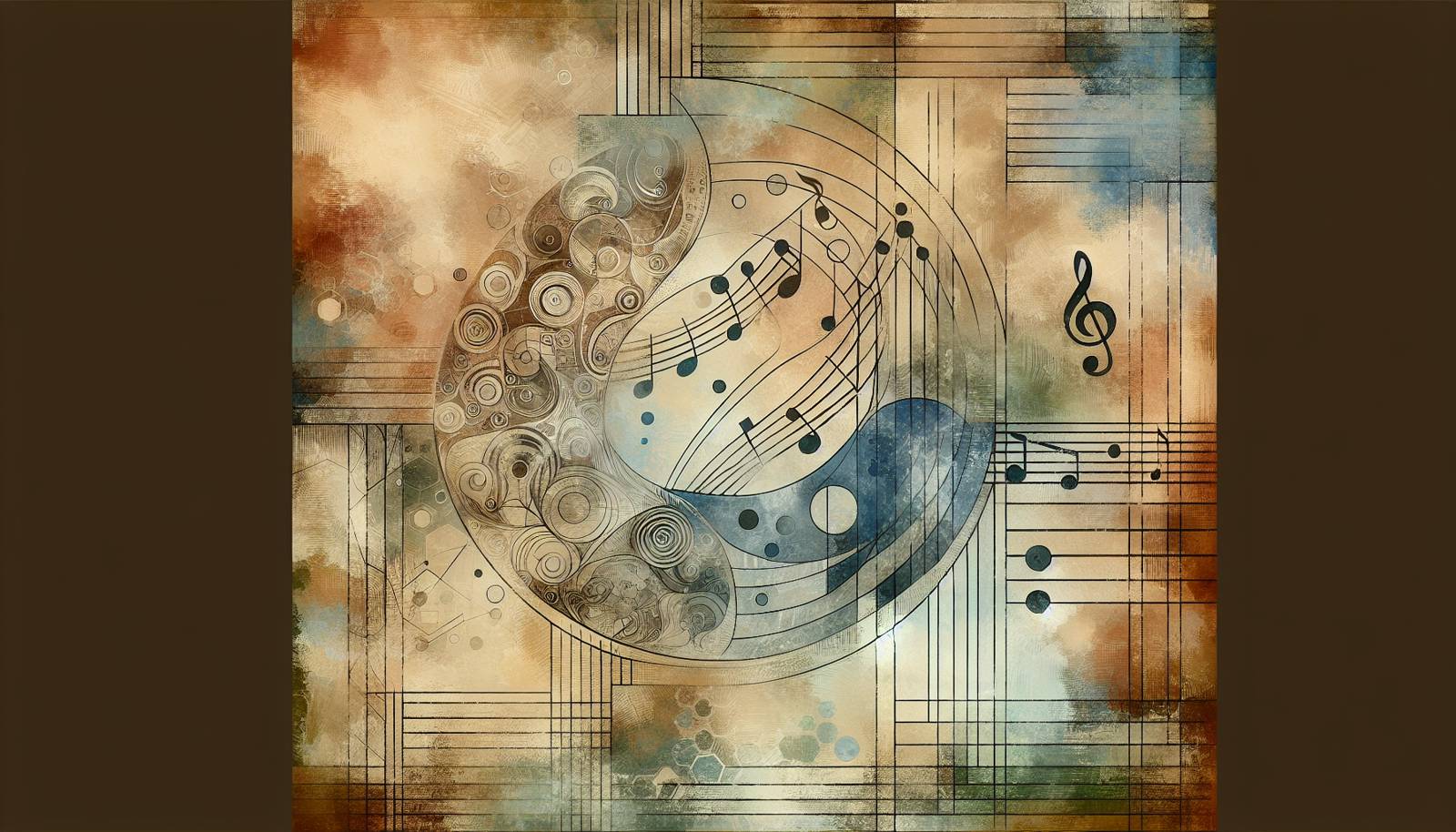
FAQ About The Role of Jewish Diaspora Music in World Ethnomusicology

What is Jewish diaspora music?
Jewish diaspora music refers to the musical traditions and expressions that have developed among Jewish communities living outside of Israel. This music is characterized by its diversity, reflecting the cultural influences of the regions where Jewish people have settled over centuries, including Eastern Europe, the Middle East, North Africa, and beyond.

How has Jewish diaspora music influenced world ethnomusicology?
Jewish diaspora music has significantly influenced world ethnomusicology by showcasing the adaptability and fusion of different musical traditions. It serves as a case study for understanding how music evolves within diasporic communities, how it maintains cultural identity, and how it incorporates elements from surrounding cultures.

What are some common elements found in Jewish diaspora music?
Common elements in Jewish diaspora music include the use of specific scales like the Phrygian dominant scale, ornamental melodies, emotive vocal styles, and instruments such as the clarinet, accordion, and violin. These elements vary widely depending on the geographical and cultural context of the diaspora community.

What role does klezmer music play in Jewish diaspora music?
Klezmer music, originating from Eastern European Jewish traditions, plays a significant role in Jewish diaspora music as it embodies the festive and communal aspects of Jewish cultural life. It has influenced various forms of music across the world and continues to be a vibrant part of Jewish musical heritage.

How does Jewish diaspora music contribute to cultural identity?
Jewish diaspora music contributes to cultural identity by preserving traditional Jewish themes and stories, offering a sense of historical continuity, and creating a communal space where shared values and experiences can be expressed and celebrated.

Can you give examples of modern Jewish diaspora music artists?
Modern Jewish diaspora music artists include bands and individuals like The Klezmatics, a group known for revitalizing klezmer music with a contemporary twist; Matisyahu, who blends Jewish themes with reggae and rock; and Idan Raichel, who incorporates diverse musical influences to reflect the multicultural aspects of Jewish identity.

What is the significance of Jewish diaspora music in ethnomusicology studies?
The significance of Jewish diaspora music in ethnomusicology lies in its rich tapestry of cultural exchange, adaptation, and resilience. It provides insights into the ways music can shape and reflect cultural identity, and how diasporic communities maintain ties to their heritage while integrating into new environments.

How does Jewish diaspora music vary by region?
Jewish diaspora music varies significantly by region due to the influences of local musical traditions. For example, Eastern European Jewish music, such as klezmer, is distinct from Sephardic Jewish music, which incorporates elements from Spanish, Middle Eastern, and North African cultures.

What instruments are commonly used in Jewish diaspora music?
Common instruments in Jewish diaspora music include the violin, clarinet, accordion, and piano, particularly in klezmer music. Middle Eastern Jewish music might feature instruments like the oud, qanun, and darbuka, highlighting regional variations in Jewish music traditions.

How did Jewish diaspora music evolve over time?
Jewish diaspora music has evolved through a constant interplay of continuity and change, influenced by the migration patterns of Jewish communities. As Jews settled in diverse regions, their music absorbed local styles and instruments while retaining core elements expressive of their unique cultural identity.

What are some challenges faced by Jewish diaspora music traditions today?
Challenges faced by Jewish diaspora music traditions today include cultural assimilation, the loss of language and original context, and the need to remain relevant to younger generations. Efforts to revitalize these traditions often involve creative reinterpretations and fusions with other musical genres.

How do Jewish music festivals contribute to the preservation of diaspora music?
Jewish music festivals play a crucial role in preserving diaspora music by providing a platform for live performances, workshops, and cultural exchange. These festivals foster community engagement, raise awareness, and stimulate interest, thereby ensuring the continuity of these musical traditions

What is the relationship between Jewish diaspora music and religious practices?
Jewish diaspora music is deeply intertwined with religious practices, reflecting themes and liturgies from the Jewish faith. Traditional songs and melodies often accompany religious ceremonies and rituals, linking cultural heritage with spiritual life.

How does Jewish diaspora music reflect historical events or periods?
Jewish diaspora music reflects historical events and periods through its themes, narratives, and emotional expressions. Songs often depict stories of migration, resilience, and survival, offering a musical chronicle of the Jewish experience across different eras and locations.

What impact does Jewish diaspora music have on modern Jewish culture?
Jewish diaspora music impacts modern Jewish culture by enriching it with diverse sounds and traditions that resonate with contemporary audiences. It reinforces cultural identity, influences artistic expression, and helps connect generations through shared musical heritage.

Are there any notable collaborations between Jewish diaspora musicians and artists from other cultures?
There have been many notable collaborations between Jewish diaspora musicians and artists from other cultures. These collaborations have resulted in unique musical fusions that highlight the adaptability and universality of Jewish music, incorporating elements from jazz, reggae, classical, and world music genres.

What is the role of technology in the dissemination of Jewish diaspora music?
Technology plays a pivotal role in the dissemination of Jewish diaspora music by providing platforms for streaming, sharing, and digital archiving. It enables wider accessibility to Jewish musical heritage and allows performers to reach global audiences, fostering cross-cultural appreciation and interaction.

How do educational programs support the study of Jewish diaspora music in ethnomusicology?
Educational programs support the study of Jewish diaspora music by offering specialized courses, hosting workshops with traditional musicians, and conducting research projects. These programs help students explore the cultural, historical, and musical aspects of Jewish communities, enhancing understanding and preserving these rich traditions.

What future developments can be expected in the field of Jewish diaspora music?
Future developments in the field of Jewish diaspora music may involve new cross-genre collaborations, innovative uses of technology for music creation and distribution, and increased integration into global music festivals. Continued interest in preserving cultural heritage will likely drive further exploration and revitalization of traditional Jewish music forms.

Why is Jewish diaspora music important for cultural preservation?
Jewish diaspora music is important for cultural preservation because it encapsulates the history, values, and identity of Jewish communities worldwide. Through its melodies, rhythms, and stories, it offers insights into the lived experiences of Jews across different times and places, helping to sustain and celebrate a rich cultural legacy.
